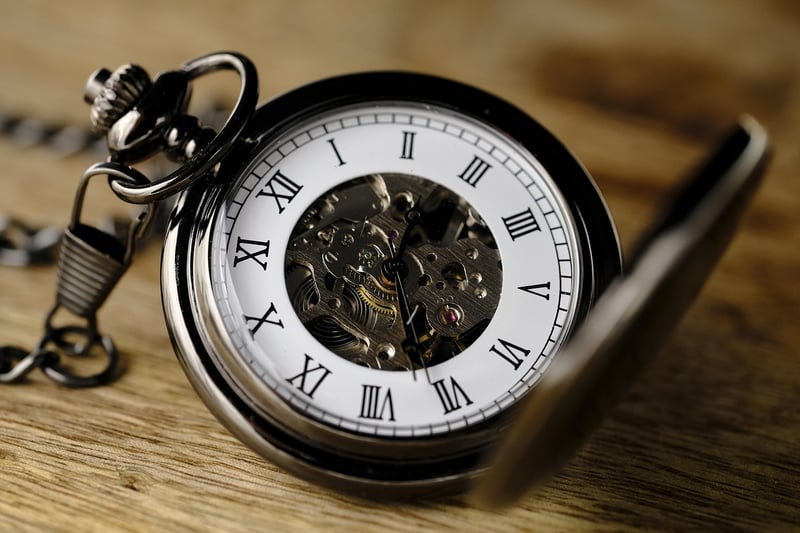Grandfather Paradox
Navigating Time Conundrums: Understanding the Grandfather Paradox
Time travel has long been a fascinating concept in science fiction, raising intriguing questions about causality and paradoxes. One of the most famous paradoxes is the Grandfather Paradox, which explores the implications of altering the past. Let's delve into this conundrum and how it challenges our understanding of time.
The Grandfather Paradox Explained
The Grandfather Paradox posits a scenario where a time traveler goes back in time and prevents their grandfather from meeting their grandmother. As a result, the time traveler's existence is negated, leading to a paradox. If the time traveler was never born, how could they go back in time to alter the past?
This paradox highlights the complexities of time travel and the potential contradictions that arise when the past is altered. It raises fundamental questions about causality, free will, and the nature of time itself.
Resolving the Paradox
Various theories have been proposed to address the Grandfather Paradox. One idea is the "Novikov self-consistency principle," which suggests that any actions taken by a time traveler in the past would be part of the timeline all along, ensuring that no paradoxes occur.
Another hypothesis is the "parallel universe theory," which posits that altering the past would create a divergent timeline, where the time traveler's actions have no impact on their original timeline. This concept allows for multiple timelines to coexist, each unfolding independently.
Conclusion
While the Grandfather Paradox may seem like a mind-bending thought experiment, it serves as a thought-provoking exploration of the nature of time and causality. As we continue to ponder the possibilities of time travel, the paradox reminds us of the intricate challenges and mysteries that lie at the intersection of science and fiction.

Interested in more time travel conundrums? Check out this Space.com article for further exploration.
